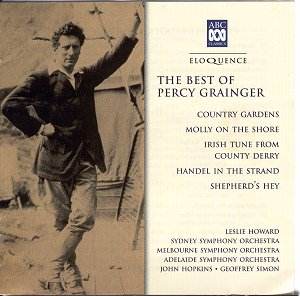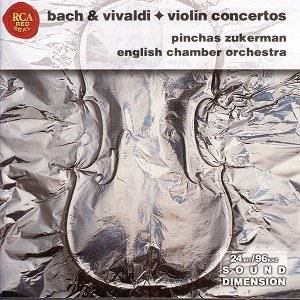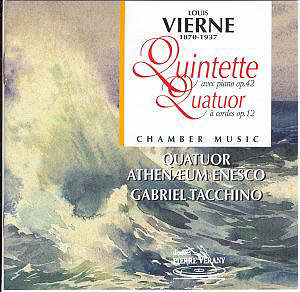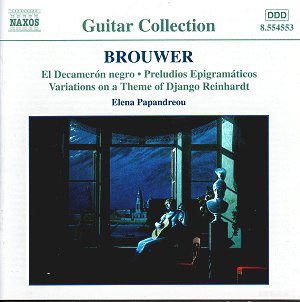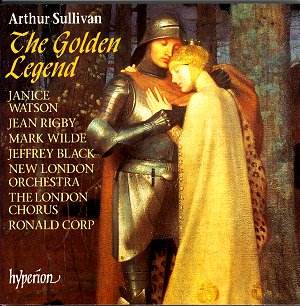 Composer: Arthur Sullivan
Composer: Arthur Sullivan
Works: The Golden Legend
Performers: Janice Watson (soprano), Jean Rigby (mezzo-soprano), Mark Wilde (tenor), Jeffrey Black (baritone), Jonathan Brown (tenor), London Chorus, New London Symphony Orchestra, Ronald Corp
Recording: All Saints Church, Tooting, London, February 2001
Label: Hyperion CDA67280
Arthur Sullivan, often overshadowed by his illustrious partnership with W.S. Gilbert, emerges from the shadows with “The Golden Legend,” a cantata that glimmers with the composer’s innate lyrical gifts and orchestral finesse. Premiered in 1886 at the Leeds Festival, this work represents a significant chapter in Sullivan’s oeuvre, showcasing his ability to transcend the comic operatic realm and engage with more serious moral and spiritual themes. Based on Henry Wadsworth Longfellow’s narrative poem, the cantata tells the poignant tale of self-sacrifice, offering a rich tapestry of musical expression that is both uplifting and reflective, drawing on influences that range from Mendelssohn to Berlioz.
The performance under Ronald Corp is marked by a commendable sensitivity to Sullivan’s nuanced scoring and lyrical lines. Corp’s pacing allows the narrative to unfold organically, avoiding any temptation towards bombast. The London Chorus performs with notable clarity, particularly in the unaccompanied motets “O gladsome light” and “O pure in heart,” where the precision of diction enhances the ethereal quality of the music. While the tenors and basses occasionally seem underpowered during the climactic moments of the final chorus “God sent His messenger the rain,” the central fugal section is executed with spirited verve, showcasing the ensemble’s cohesion.
The soloists bring a complementary array of vocal colors and interpretative insights. Mark Wilde’s Prince Henry is characterized by a rich, lyrical tenor reminiscent of Richard Lewis, his smooth tonal quality serving the character’s emotional arc effectively. Janice Watson, portraying the virginal Elsie, exhibits a creamy timbre that resonates well, though her upper register shows signs of strain, a minor blemish in an otherwise compelling portrayal. Jean Rigby offers a tender interpretation of Ursula, balancing youthful innocence with maternal wisdom, yet her performance, while commendable, does not quite overshadow historical benchmarks such as Sarah Walker’s celebrated portrayal.
The recording quality is exemplary, typical of Hyperion’s high standards. The acoustic of All Saints Church enhances the orchestral textures without overwhelming the vocal lines. The engineering captures the warmth of Sullivan’s orchestration, allowing the interplay between choir and orchestra to resonate with clarity. Moments of particular beauty, such as Elsie’s reflective solo “The Night is calm,” shine through with an almost palpable sunset glow, a testament to Sullivan’s gift for melody.
While “The Golden Legend” may not achieve the dramatic depth found in the works of Berlioz or Elgar, its gentle power and lyrical beauty offer a unique listening experience that is often overlooked. This recording, while perhaps lacking the electrifying fervor of David Lyle’s live Edinburgh performance, stands as a significant contribution to the canon of British choral music. Hyperion’s release deserves a place in the collection of anyone interested in the broader spectrum of Sullivan’s artistry, revealing the composer’s ability to evoke profound emotion beyond the confines of the Gilbert and Sullivan partnership. A heartwarming offering, it invites listeners to reassess Sullivan’s legacy, proving that his choral works are indeed worthy of revival and appreciation.
